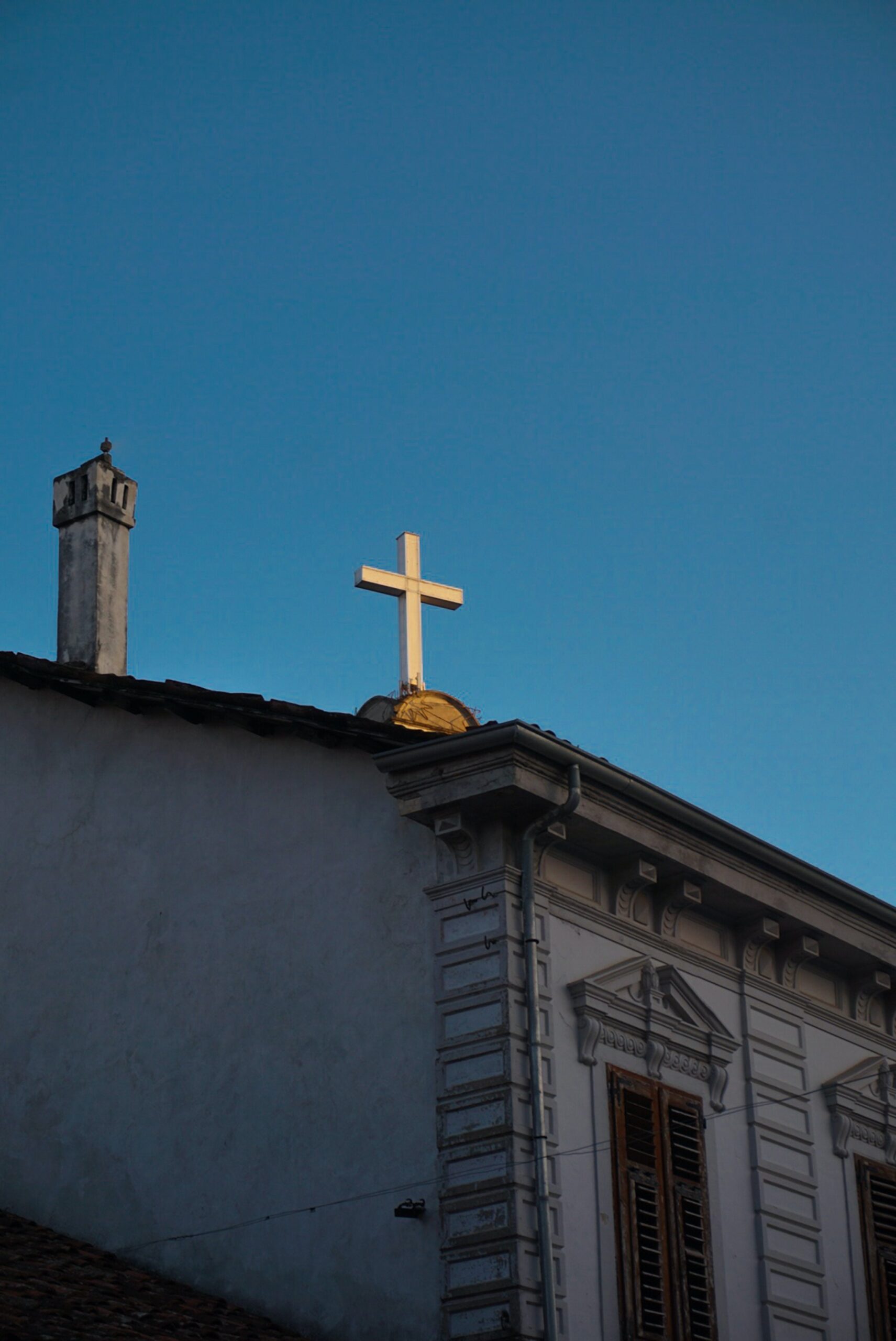Bibla e Studimit: Dhjata e Vjetër dhe Dhjata e Re, Shoqëria Biblike Shqiptare, 2009.
Ermolaev, Herman, Censorship in Soviet Literature (1917-1991), Rowman& Littlefield publishers, INC., USA, 1997.
Friedberg, Maurice, A decade of Euphoria (western literature in post-Stalin Russia, 1954-64), Indiana University Press, London, 1977.
Pasthënia e Ardian Klosit në: Böll, Heinrich, Me syrin e një klouni (përkthim dhe pasthënie nga Ardian Klosi), Dudaj, Tiranë, 2016.
Raščiūtė, Beatričė, Context and ideology: the representation in Daniel Defoe’s Robinson Crusoe and its translation into Lithuanian, Master thesis, Vytautas Magnus University, Kaunas, Lithuania, 2017.
Sherry, Samantha, Discourses of regulation and Resistance: Censoring Translation in the Stalin and Khrushchev Era Soviet Union, Edinburgh University Press, Edinburg, 2015.
Solzhenitsyn, Alexander, Interview with two western correspondents (përkthyer nga Michael Scammell në anglisht). https://journals.sagepub.com/doi/pdf/10.1080/03064227308532267
Stipçeviq, Aleksandër, Censori i përsosur (ose doracak praktik i luftës kundër librave të dëmshëm dhe autorëve të tyre), Era, Prishtinë, 2002.
Van den Bercken, William, Ideology and atheism in the Soviet Union, Mouton de Gruyter, Berlin, 1989.
Vehbiu, Ardian, Gjuha e thyer, gjuha që thyen, Botime Çabej, Tiranë.
